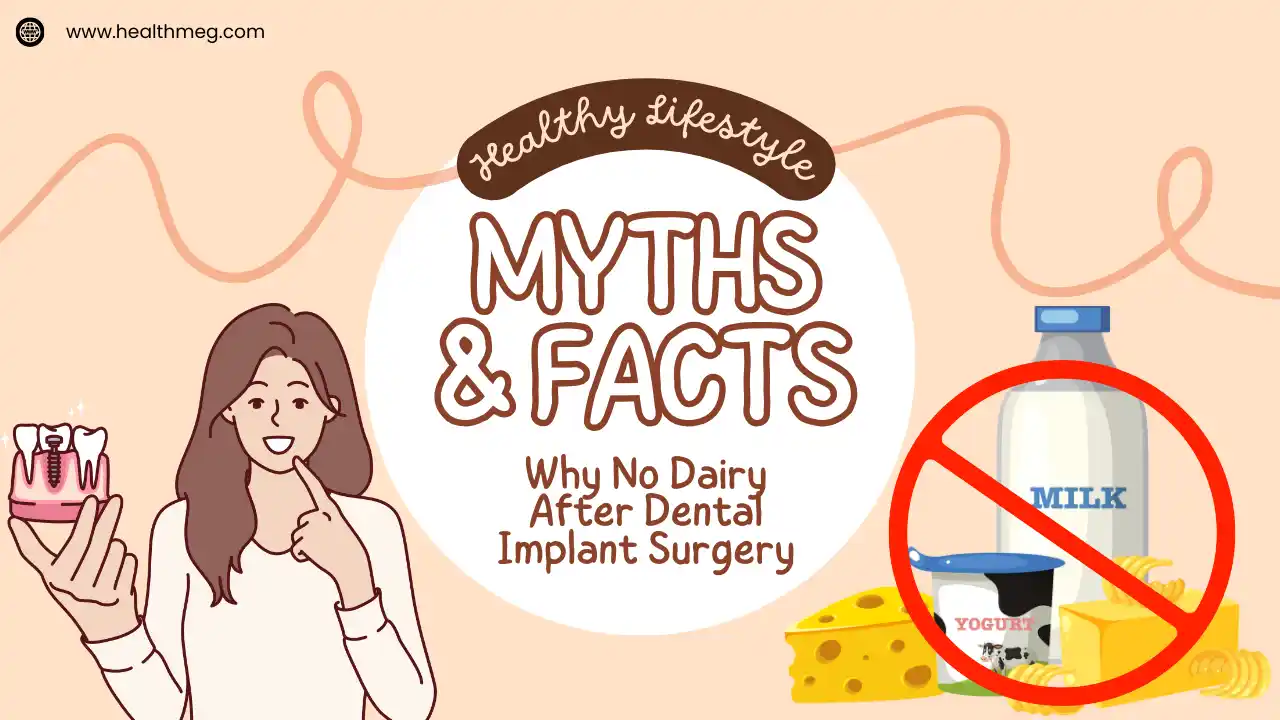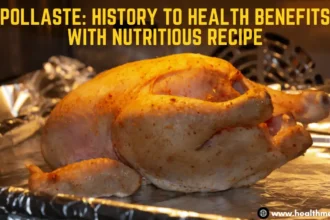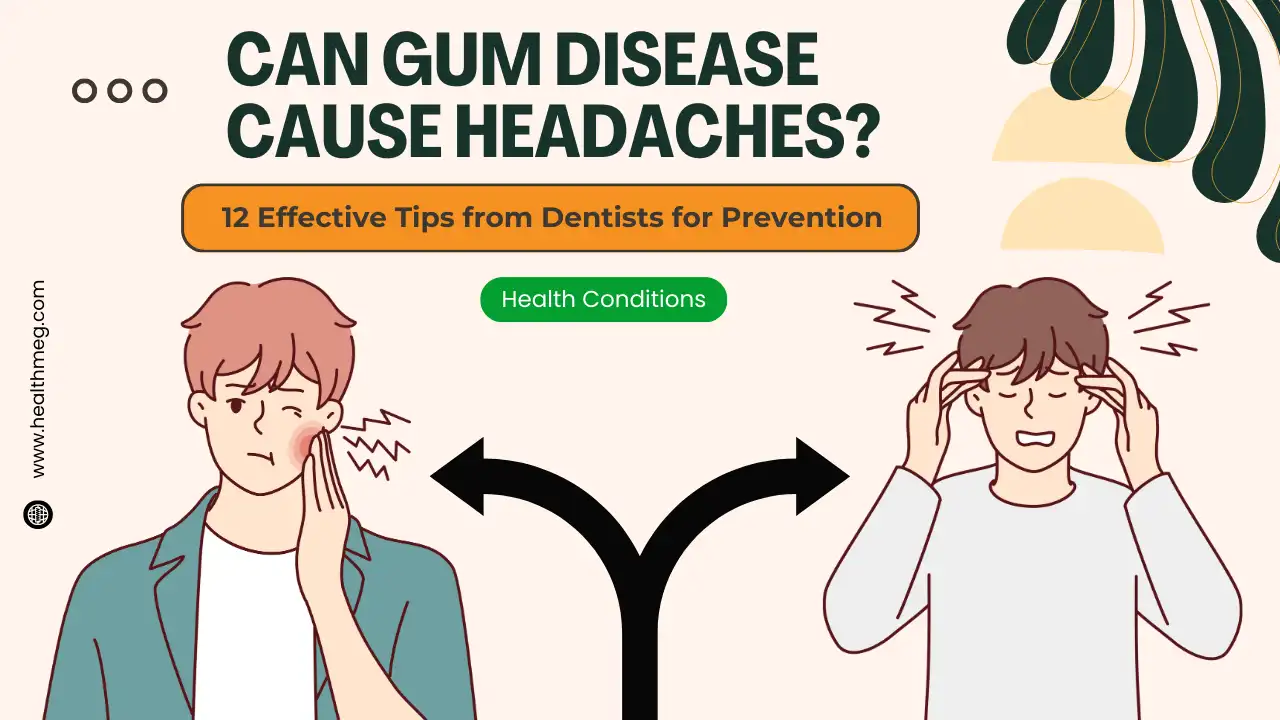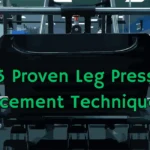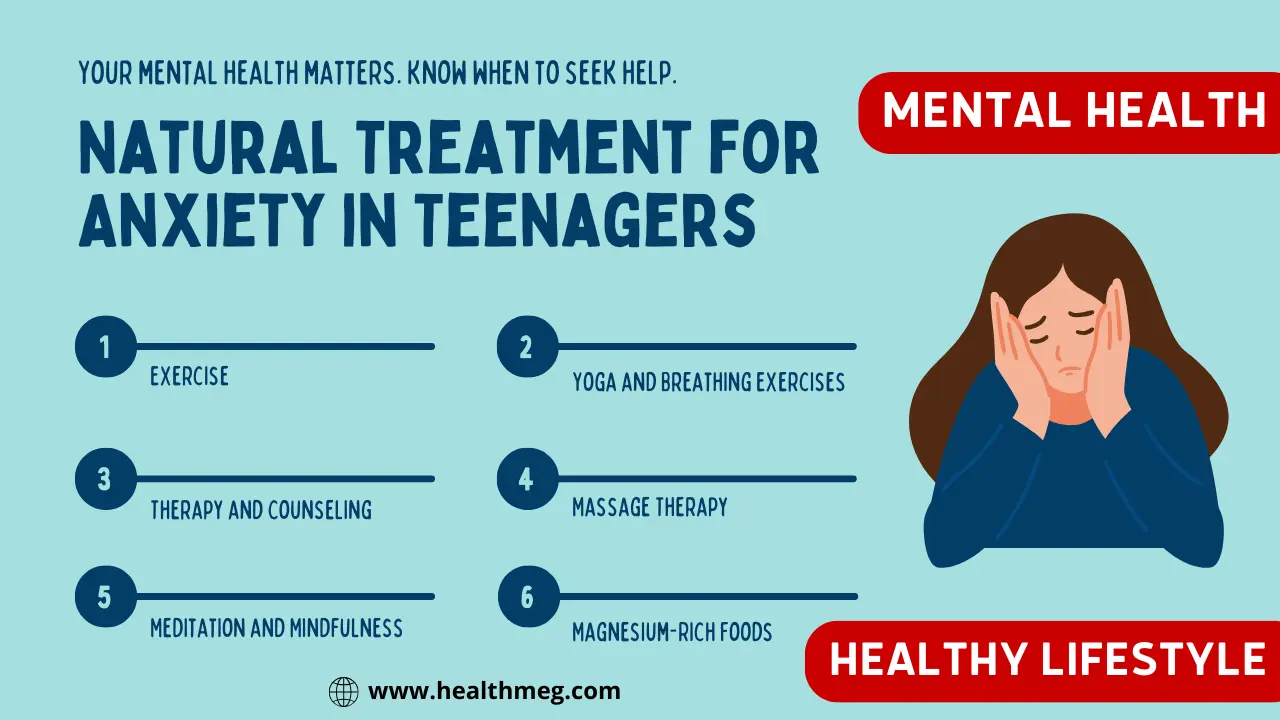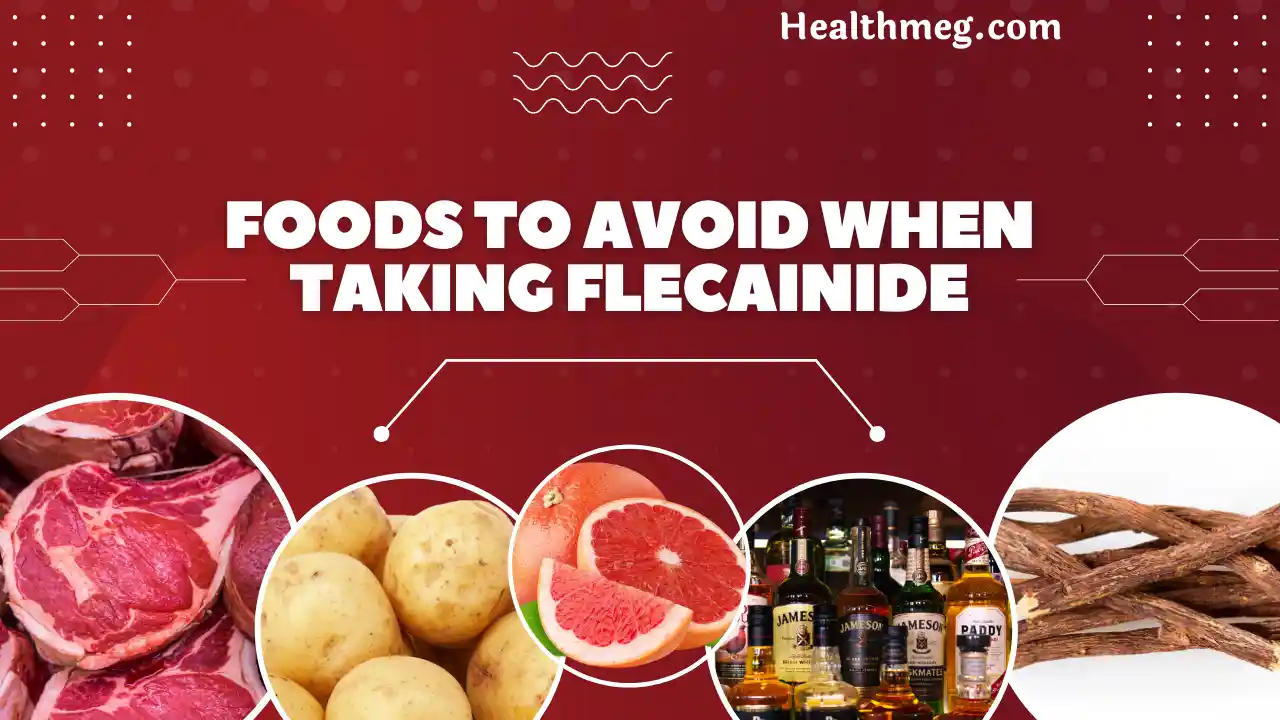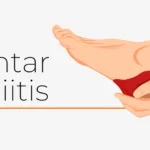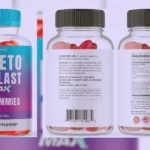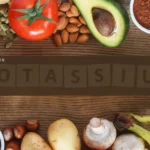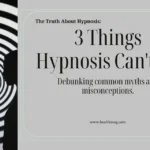Introduction
Dental implant surgery is a common procedure performed by licensed dentists to replace missing teeth and restore your smile. During the healing process after surgery, your dentist will likely recommend avoiding dairy products. This may leave you wondering – why no dairy after dental implants? Is it really necessary or just a myth?
In this comprehensive, evidence-based guide, we’ll analyze the facts and clear up confusion around dairy and dental implants. We’ve thoroughly researched clinical studies published in reputable peer-reviewed journals and consulted dental health experts from accredited universities and organizations to provide accurate, trustworthy answers. Read on to learn the reasons for avoiding dairy, what foods are safer substitutions, and tips from expert dentists to support optimal healing.
So let’s find out “Why No Dairy After Dental Implant Surgery” in this comprehensive guide.
Do read the People Also Ask (FAQs) about this topic.
Key Takeaways
| Topics |
|---|
| Dairy is avoided after dental implant surgery because it can cause inflammation, swelling, infections and poor healing. |
| Clinical research shows dairy leads to more facial swelling and slowed wound healing after oral surgery. |
| Dairy proteins and lactose sugar promote harmful oral bacteria growth, increasing the risk of infections. |
| Inflammatory fats and proteins in dairy disrupt osseointegration between the implant and jawbone. |
| Dairy irritates oral mucosa tissue, delaying the healing of surgical incisions. |
| Anti-inflammatory foods like fish, leafy greens, beans, eggs and bone broth should be eaten instead. |
| Dairy irritates oral mucosa tissue, delaying the healing of surgical incisions. |
| Common myths are that dairy is needed for bone and dental health – but facts show plant-based options are safer. |
| Dairy should be avoided for at least 2 weeks after surgery, not just 3 days, for proper implant integration. |
| Relying on scientific evidence and dental experts debunks dairy myths and misinformation. |
Why No Dairy After Dental Implant Surgery? (Why to Avoid Dairy)
There are a few key reasons why dairy is typically avoided after dental implant placement surgery:
- Inflammation and Swelling
- Infection Risk
- Improper Implant Integration
- Negative Effects on Oral Mucosa
- Impaired Wound Healing
1. Inflammation and Swelling
Dairy products like milk, cheese, yogurt and ice cream tend to be pro-inflammatory foods. Their proteins, sugars and fats can trigger oral inflammation and exacerbate post-operative swelling around the surgical site. This inflammatory response can interfere with healing and cause discomfort.
A study, confirmed that a dairy-free diet for 2 weeks after oral surgery leads to faster reductions in facial swelling compared to a regular diet. Limiting inflammation speeds healing and helps new bone integrate with the titanium implant.
2. Infection Risk
Most dairy foods also contain lactose, a sugar that feeds oral bacteria. When bacteria rapidly metabolize lactose, this lowers the pH in your mouth and creates an acidic environment.
Acidity enables harmful oral microbes like streptococcus mutans to thrive. This increases your chance of developing infections around the implant and surgical site. Limiting sugars like lactose inhibits bacteria overgrowth and infection.
3. Improper Implant Integration
Your jawbone must grow new cells and blood vessels around the implant surface for proper osseointegration – a fusion between the titanium and bone.
Certain inflammatory fats in dairy like arachidonic acid can disrupt healthy bone remodeling and osseointegration. Restricting dairy fats helps optimize bone-implant integration.
4. Negative Effects on Oral Mucosa
Milk proteins like casein and whey can irritate the oral mucosa – the protective tissue lining your mouth. This tissue needs to rapidly heal after the surgical incisions.
Research documented in the Journal of Clinical Periodontology reveals a strong correlation between dairy consumption and increased oral inflammation, mucositis and mucosal ulcers. Avoiding dairy supports faster oral mucosa recovery.
5. Impaired Wound Healing
Growth factors like epithelial growth factor (EGF) and transforming growth factor beta (TGF-β) orchestrate precise stages of wound healing.
Milk proteins have been shown to inhibit EGF and TGF-β signalling pathways in research by oral biology experts. This impairs new tissue formation, collagen production and overall healing after oral surgery. Limiting dairy preserves normal wound healing processes.
In summary, biomedical research demonstrates multiple mechanisms by which dairy foods can negatively impact postsurgical dental implant healing and integration. Strictly avoiding dairy after surgery helps minimize infection risks, inflammation, and improper osseointegration. This speeds recovery and improves success rates.
What Foods Should You Eat Instead After Dental Implants?
While dairy is restricted for a period after surgery, you still need to consume a nutritious diet to heal. Here are some nourishing dairy-free choices recommended by dentists:
- Fish – Omega-3s in salmon, tuna and mackerel reduce inflammation.
- Green leafy vegetables – Packed with vitamin K for bone growth and minerals.
- Beans and lentils – Plant-based proteins aid tissue repair without inflammation.
- Avocado – Healthy fats and antioxidants to fight infection.
- Berries – Contains polyphenols to boost immunity and healing.
- Bone broth – Provides collagen, amino acids and electrolytes.
- Eggs – Include biotin for tissue regeneration.
- Tofu and edamame – Vegan proteins without excess fat or sugars.
- Pureed soups – Offer hydration and nutrients in easy-to-chew form.
- Herbal tea – Provides hydration without acidity.
Focus on nutrient-dense whole foods within the first 2 weeks after surgery. Avoid spicy, acidic, crunchy or sticky foods that could irritate the incisions. Your licensed dentist can provide personalized diet recommendations for optimal recovery.
Expert Dental Health Tips for Post-Surgery Healing
To fully support the dental implant process, it’s essential to follow your licensed oral surgeon’s instructions diligently. Here are some additional evidence-based ways to promote healing:
- Take Prescribed Antibiotics – Antibiotics prevent infectious bacteria from colonizing implant sites during initial integration. Complete the full antibiotic regimen as directed for protection.
- Use Antimicrobial Mouth Rinse – Chlorhexidine oral rinse eliminates dangerous oral microbes. Use as prescribed after surgery to reduce infection risks.
- Avoid Smoking – Smoking severely restricts blood flow to your gums and jawbone. This can lead to implant failure. Cease all tobacco use during the healing period.
- Control Blood Sugar – Uncontrolled diabetes with high blood sugar slows down wound closure. Monitor your blood glucose daily and follow medical advice from your physician.
- Reduce Stress – High cortisol levels from stress impair immune defences against infection. Relaxation techniques like meditation help lower stress.
- Take Recommended Supplements – Your licensed dentist may advise collagen, vitamin D, zinc or other supplements to support bone formation and soft tissue regeneration.
- Get Plenty of Rest – Adequate restful sleep gives your body the energy to heal quickly. Plan for extra recovery time.
Strictly adhering to all of your licensed dentist’s instructions leads to the best implant outcomes. Contact your accredited oral surgeon’s office with any questions or concerns after your procedure.
Addressing Common Myths and Questions
There is a great deal of misinformation around dairy and dental work. Let’s clear up some common myths with research-backed facts:
Myth: Dairy is Necessary for Bone Health After Implants
Fact: Your jawbone health depends on adequate intake of vitamin D, calcium, phosphorus and magnesium – not dairy. You can obtain all these essential minerals from vegetables, supplements and non-dairy sources like almond milk.
Myth: Eating Dairy Helps Prevent Implant Cavities
Fact: Dairy provides only a small amount of oral health benefits, while the risks outweigh any potential cavity-fighting effects. Limiting sugar, brushing diligently and using fluoride treatments are safer ways to prevent implant cavities.
Myth: Only Need to Avoid Dairy for 3 Days After Surgery
Fact: Research shows dairy intake negatively affects oral wound healing for at least 2 weeks post-surgery. Follow your oral surgeon’s specific dairy restrictions to allow the proper time for implant osseointegration.
Myth: Greek Yogurt is Good for Healing After Dental Implants
Fact: While Greek yogurt contains probiotics, it still has pro-inflammatory proteins and lactose sugars that can harm surgical healing and implant integration according to a study. Steer clear of all dairy – even yogurt.
Myth: Plant-Based Milks Like Soy Are Bad After Dental Work
Fact: Unsweetened soy milk, almond milk, oat milk and other vegan options will not promote inflammation or infection according to dentists. These provide safe dairy-free nutrition after dental implants.
By analyzing common myths versus clinical evidence from accredited dentistry institutions, it is clear that dairy avoidance after implants is directly supported by science. Rely on facts and your licensed dentist’s recommendations – not myths or hearsay.
Conclusion
Proper healing and osseointegration after dental implant surgery performed by a licensed dentist requires diligently avoiding dairy for at least 2 weeks. Dairy promotes inflammation, swelling, infections and other negative effects that disrupt the normal bone healing cascade. Focus on nutritious anti-inflammatory foods as recommended by accredited dental professionals and organizations to support optimal recovery.
With adequate precautions and proven dental health tips, your dental implants have the best chance of integrating successfully so you can enjoy fully restored, beautiful smiles for years to come. Avoid myths and misinformation by strictly following expert protocols from reputable dentists and scientific research to achieve excellent post-surgical outcomes.
People Also Ask (FAQs)
Q) Can you eat dairy after dental implant surgery?
A) No, it is recommended to avoid dairy for at least 2 weeks after dental implant surgery. Dairy products like milk, cheese, ice cream and yogurt can increase inflammation, swelling, and risk of infections, as well as potentially disrupt proper healing and integration of the implant.
Q) Is milk OK after dental surgery?
A) Milk is not recommended after dental surgery, including implant surgery. The lactose sugar and proteins in milk can negatively impact healing by promoting inflammation and oral bacteria growth. Plant-based milks without dairy are safer options.
Q) Is ice cream good after implant?
A) No, ice cream should be avoided after getting dental implants. The combination of dairy, sugar and cold temperature of ice cream can irritate surgical sites in the mouth and introduce bacteria.
Q) What should you not drink after dental implants?
A) Beverages to avoid after dental implants include milk, sugary drinks like soda, alcohol, coffee, and acidic drinks like orange juice. These can disrupt healing. Opt for water, herbal tea, bone broth and plant-based milks.
Q) Can I drink milk after the implant?
A) You should not drink regular milk after a dental implant procedure. Dairy milk contains lactose and proteins that increase inflammation. Non-dairy milk is a better option during recovery.
Q) Can I eat yogurt after a dental implant?
A) Yogurt should be avoided after dental implant surgery, even if it has probiotics. The dairy can interfere with proper implant osseointegration and healing during the initial 2 weeks after surgery.
Q) Can I drink milk 3 days after tooth extraction?
A) No, avoid drinking milk for at least 2 weeks after any oral surgery like tooth extraction or implants. The first weeks are crucial for minimizing inflammation and preventing infection.
Q) Can I eat curd after tooth extraction?
A) Curd is a dairy product so it’s best to avoid curd after tooth extraction or implants. The proteins can irritate surgical sites. Choose non-dairy foods that won’t impede healing.
Q) Is milk good for stitches?
A) Milk is not recommended for consumption after getting stitches in the mouth from dental procedures. Milk contains sugars and proteins that can feed bacteria and cause inflammation around suture sites.
Q) Can I eat a banana after implant surgery?
A) Yes, bananas are a good food to eat after dental implant surgery. The soft texture is easy to chew and bananas have nutrients like vitamin C and potassium that support healing.
Q) Can I eat rice after implant?
A) Plain rice that is soft and non-irritating to the surgical site can be eaten after getting a dental implant. Rice provides carbohydrates for energy and is unlikely to disrupt healing.
Q) How can I make my implant heal faster?
A) Ways to help your dental implant heal faster include taking prescribed antibiotics, using antimicrobial mouth rinse, avoiding tobacco, controlling blood sugar levels, reducing stress, taking supplements if recommended, resting, and eating a healthy anti-inflammatory diet.
Q) What foods to avoid after dental implant surgery?
A) Foods to avoid after dental implants include dairy, nuts, seeds, popcorn, chips, spicy foods, crunchy foods, acidic foods, sugary foods, and hard foods that could damage the surgical sites.
Q) What foods can you eat after dental implants?
A) Recommended foods to eat after dental implant surgery include soups, broths, plant-based proteins like beans and tofu, cooked vegetables, fresh fruits like bananas, berries, avocado, eggs, fish, olive oil, herbal tea, and water.
Q) Should you avoid dairy after surgery?
A) Yes, it’s recommended to avoid consuming any dairy products like milk, cheese, ice cream and yogurt for at least 2 weeks after oral surgery like dental implants. Dairy can promote inflammation, swelling, and other issues with healing.
Q) What foods to avoid after dental surgery?
A) Foods to avoid after dental surgery include dairy, nuts, seeds, popcorn, chips, hard foods, spicy foods, sugary foods, acidic foods, carbonated drinks, coffee, and alcohol, as these may disrupt healing and cause discomfort at the surgical sites.
